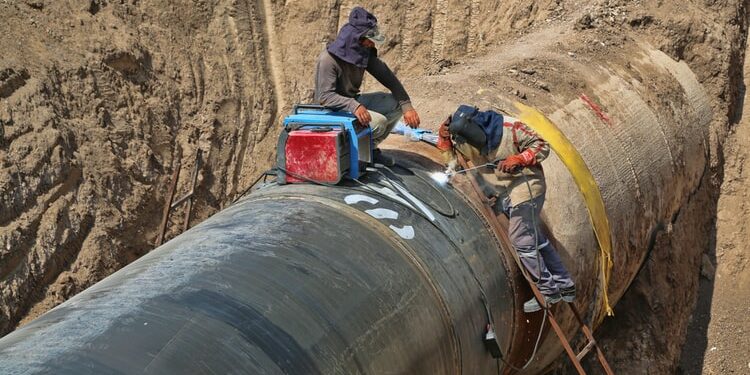Ruptured oil pipeline causes South Sudan’s revenues to nosedive
South Sudan’s state revenues have plummeted as a result of a ruptured pipeline crucial for the country’s ability to export crude to foreign markets.
The broken pipeline situated in wartorn Sudan to the north had stopped the flow of oil from many of the country’s major fields, South Sudanese Finance Minister Awow Daniel Chuang told reporters in Juba on Thursday.
“We know that the situation has been exacerbated by the situation in Sudan, he said. “As all of you know, South Sudan depends on oil for 90% or more of its revenues, and the oil is not flowing from some of the fields that are so critical for South Sudan.”
Chuang said he had been abroad to ask for money but did not say where he had visited. “We started already to work with the Central Bank of Sudan to release at least one month of salaries,” he said.
South Sudan’s ability to sell its oil has been under pressure from heightened insecurity on the Red Sea, where Houthi militants have attacked ships. But the broken pipeline, first noticed after damage to the line was detected on Feb. 10 when the flow of crude oil became impeded, has now brought exports to a standstill.
That has meant the fragile nation is completely unable to pay most of its state workers, many of whom have not been received a salary for six months, said Jok Madurai, head of the Sudd Institute, a Juba-based think tank.
The revenue drought not only increases the likelihood that South Sudan will intervene militarily in Sudan’s civil war in order to repair its broken infrastructure, but risks destabilizing the regime of President Salva Kiir should he fail to pay military salaries, Andrew Smith, senior Africa analyst at risk-intelligence company Verisk Maplecroft, said in a note this week.








